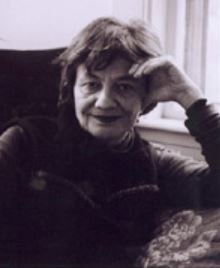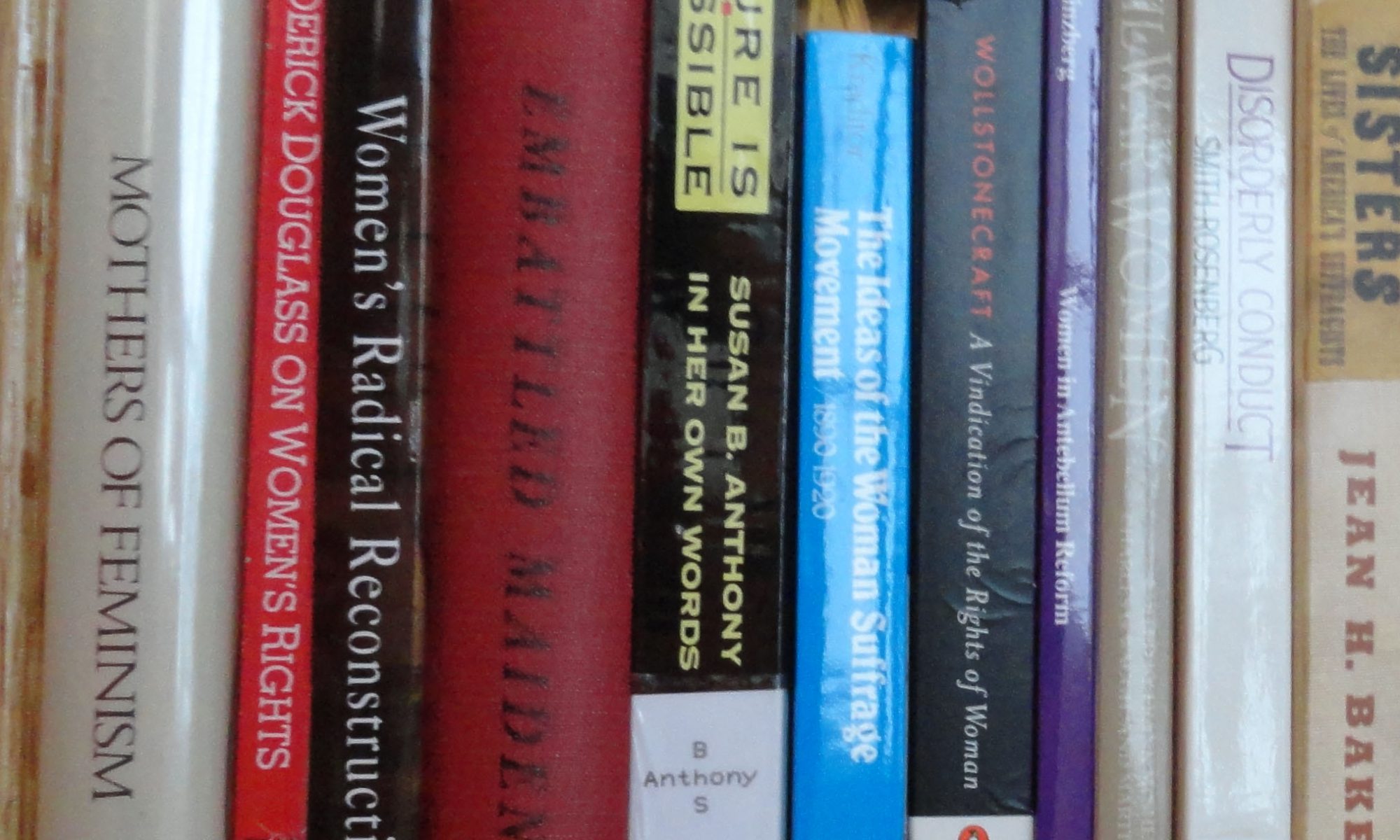 “I think every immigrant becomes an amateur anthropologist–you do notice things about the culture or world that you come into that people who grow up in it, who are very embedded in it, simply don’t notice.” Eva Hoffman
“I think every immigrant becomes an amateur anthropologist–you do notice things about the culture or world that you come into that people who grow up in it, who are very embedded in it, simply don’t notice.” Eva Hoffman
Eva Hoffman was uprooted from Poland in 1959 when she was fourteen and brought to Canada by her parents who were Holocaust survivors. Her memoir Lost in Translation written in 1989 captures the feeling of loss, dispossession, and inarticulateness immigrants experience when confronting a foreign culture.
A professor of literature and creative writing she has taught at numerous universities including Columbia, University of Minnesota, and Tufts. From 1979 to 1990 she was an editor and writer at the New York Times. She served as senior editor of the Times Book Review from 1982 to 1990. She has published non-fiction and fictional works. Some of her books include the nonfiction: Exit into History, Stetl: The Life and Death of a Small Town, The World of Polish Jews, After Such Knowledge: Memory, History, and the Legacy of the Holocaust, and the novel The Secret. The following excerpt is from her memoir Lost in Translation.
Every day I learn new words, new expressions. I pick them up from school exercises, from conversations, from the books I take out of Vancouver’s well-lit, public library. There are some turns of phrase to which I develop strange allergies. “You’re welcome,” for example, strikes me as gaucherie, and I can hardly bring myself to say it–I suppose because it implies that there is something to be thanked for, which in Polish would be impolite. The very places where language is at its most conventional, where it should be most taken for granted, are the places where I feel the prick of artifice.
Then there are the words to which I take an equally irrational liking, for their sound, or just because I’m pleased to have deduced their meaning. Mainly they’re words I learn from books, like “enigmatic” or “insolent”–words that have only a literary value, that exist only as signs on the page.
But mostly, the problem is that the signifier has become severed from the signified. The words I learn now don’t stand for things in the same unquestioned way they did in my native tongue. “River” in Polish was a vital sound, energized with the essence of riverhood, of my rivers, of my being immersed in rivers. “River” in English is cold–a word without an aura. It has no accumulated associations for me, and it does not give off the radiating haze of connotation. It does not evoke .
